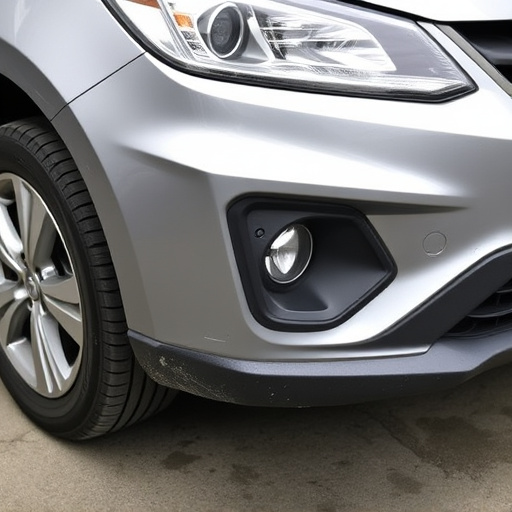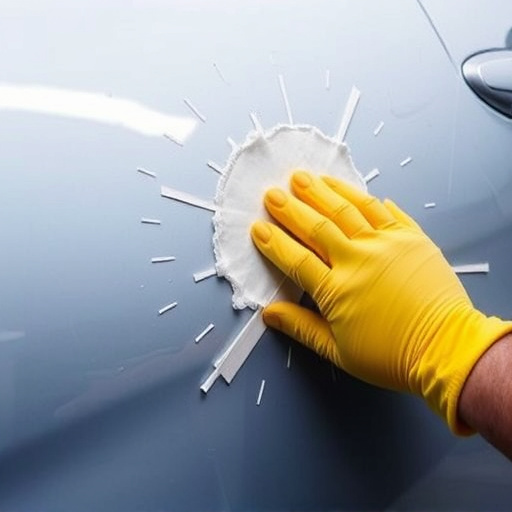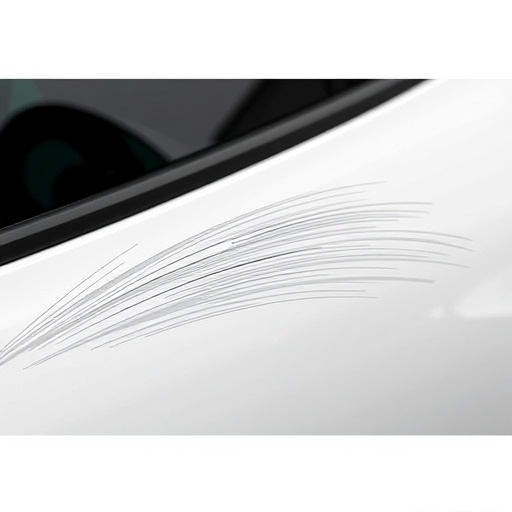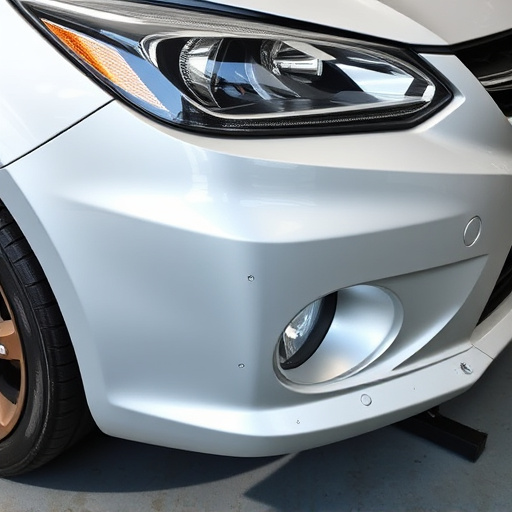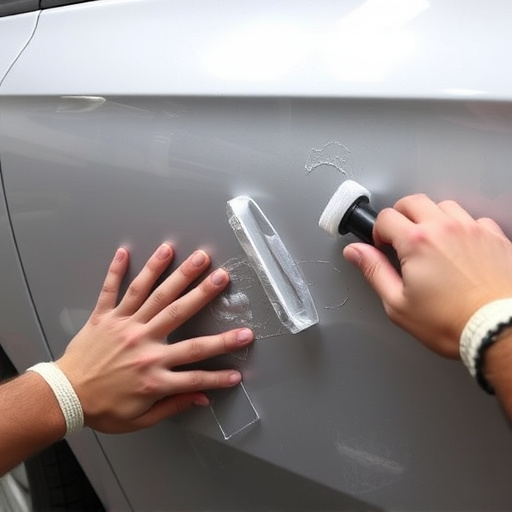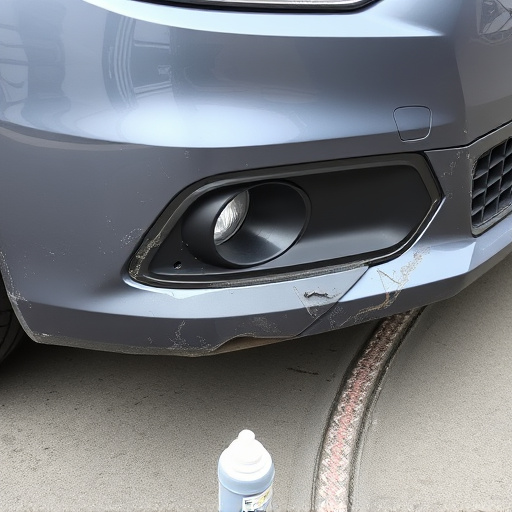Insurance company negotiations require body shops to understand industry dynamics, align proposals with insurer guidelines, and ensure fair client compensation through collaborative communication. Strategic preparation involves knowledge of services, market rates, and competition, aiming for long-term partnerships and positive relationships. Tactics include reviewing policy limits, maintaining open dialogue, documenting interactions, and demonstrating professionalism for favorable outcomes in insurance company negotiations.
In the complex landscape of auto repairs, successful body shop operations hinge on effective insurance company negotiations. This article guides you through understanding the intricate dynamics of insurance company negotiations and provides essential strategies for preparation. From comprehending policy terms to mastering negotiation tactics, discover how to secure favorable settlement terms. Learn about the key elements that influence outcomes, ensuring your business achieves optimal compensation for quality service.
- Understanding Insurance Company Negotiation Dynamics
- Preparing for Effective Body Shop Negotiations
- Strategies to Secure Favorable Settlement Terms
Understanding Insurance Company Negotiation Dynamics
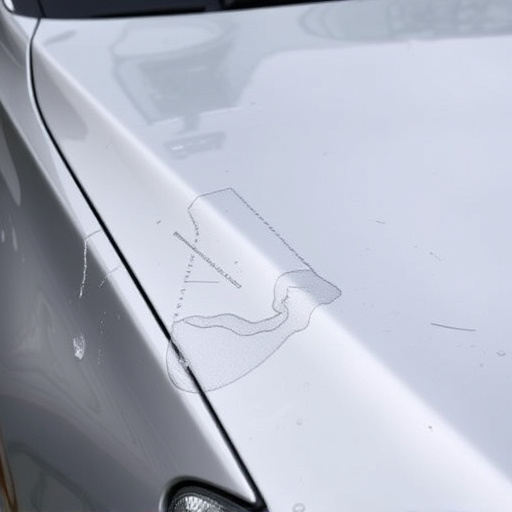
Insurance company negotiations can be complex due to the intricate dynamics between claims adjusters and body shop owners. Understanding the insurance industry’s processes and goals is essential for successful discussions. Every insurance company has its own set of guidelines, which dictate how claims are assessed and settled. Body shop owners must familiarize themselves with these procedures to align their proposals accordingly. For instance, knowing that insurance adjusters aim to minimize costs while ensuring fair compensation for clients helps in presenting well-reasoned arguments.
When negotiating for a client’s repair, whether it’s a simple scratch repair or a more extensive collision repair at a trusted auto collision center, body shops should consider the insurer’s perspective. This may involve discussing replacement parts, labor rates, and the scope of work. Efficient communication and a collaborative approach can lead to mutually beneficial agreements. By demonstrating expertise and remaining professional throughout the process, body shops can effectively navigate these negotiations, ensuring fair treatment for their clients and fostering positive relationships with insurance companies.
Preparing for Effective Body Shop Negotiations

Preparing for effective negotiations with insurance companies is a strategic process that every car body shop should approach meticulously. It’s not just about securing better financial terms; it’s about building a strong foundation for long-term partnerships. Before entering into any discussion, the team at the car body shop needs to be well-versed in their services—from car body restoration to top-notch paint jobs. Understanding the market rates and the value they offer is crucial. They should also anticipate potential arguments from insurance companies by gathering data on similar cases and preparing compelling responses.
Additionally, having a clear idea of their operational costs and profit margins enables them to negotiate with confidence. This process involves studying industry trends, staying updated on competition, and knowing when to walk away from unfair deals. By doing so, the shop positions itself as a reliable partner rather than just another service provider, ensuring successful insurance company negotiations and fostering positive relationships that can lead to increased business, including referrals for car paint services.
Strategies to Secure Favorable Settlement Terms
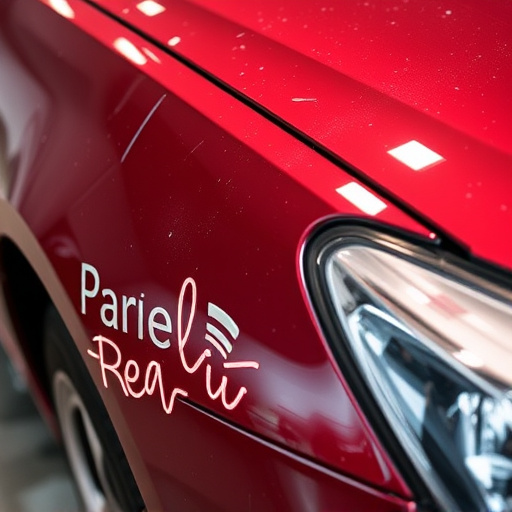
To secure favorable settlement terms during insurance company negotiations, body shops must employ strategic tactics. Firstly, they should thoroughly review and understand the policyholder’s coverage limits and deductibles. This knowledge allows for realistic expectations during discussions. Secondly, maintaining open communication is vital; clearly articulating the scope of repairs needed for the vehicle body shop or car bodywork, while also listening to the insurance company’s perspective, fosters a collaborative environment.
Additionally, documenting every interaction and detail regarding the incident, repair estimates, and timelines can be powerful leverage. Such records provide concrete evidence, enabling body shops to negotiate from a position of strength. Demonstrating professionalism, expertise, and a commitment to quality auto body repair will often lead to more favorable outcomes, ensuring policyholders receive the best possible service and compensation for their claims.
Mastering insurance company negotiations is a vital skill for body shops to ensure they receive fair compensation for their services. By understanding the dynamics of these conversations, preparing thoroughly, and employing effective strategies, body shop owners can confidently navigate settlements, securing favorable terms that reflect the quality of their work. These insights empower them to thrive in an industry where negotiation prowess can make a significant difference in profitability and customer satisfaction.

